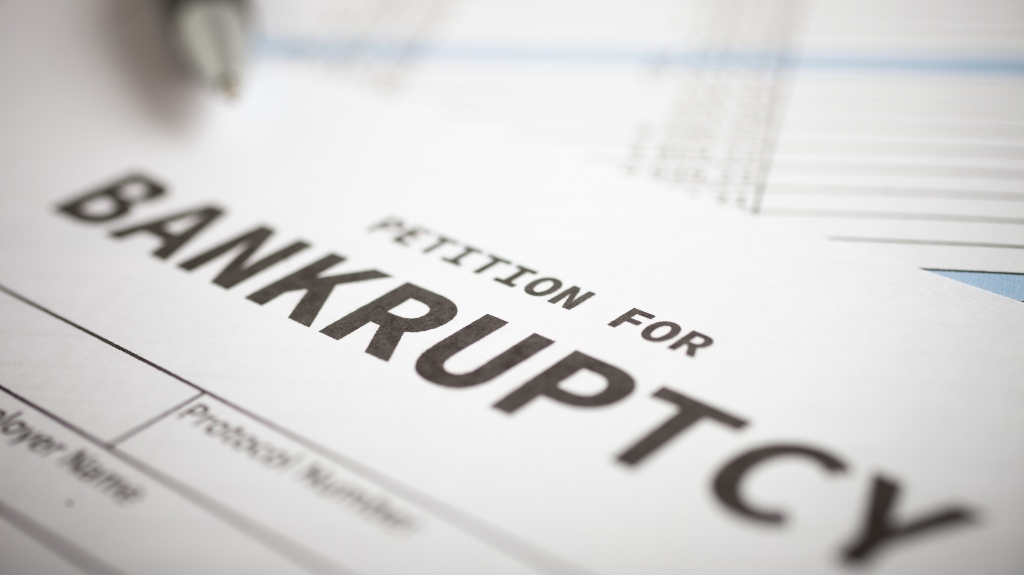No one ever expects to file for bankruptcy, but for small business owners who are feeling financial strain in their personal life, bankruptcy can represent a fresh start. And while this can be the case, filing for personal bankruptcy is far more complicated when you have a business associated with your name. In almost every situation, filing for personal bankruptcy will likely impact your business. Here’s what your trusted small business planning lawyers in Milwaukee want you to know.

It Depends on How You Organized Your Company
The way your personal bankruptcy will impact your business largely depends on the way you organized your company when you started it. Let’s take a look at some of the most common organization types and see how personal bankruptcies impact each one.
Sole Proprietorship
When you’re a sole proprietor, you are the company. There’s no legal separation between yourself and your business. This is great when you’re looking for a simple way to file your taxes, but it’s a risk when you’re filing for personal bankruptcy. Your business’s assets are seen as your assets and can be used to settle outstanding debts. That means your company as you know it may not survive the bankruptcy. But there’s good news here – you may be able to restart your business after your filing is complete.
Partnership
In a partnership, your business is separate from you as an individual. You share the company with at least one other person and all business expenses, income, and assets are property of the business. When you file for personal bankruptcy, the only thing at risk is your interest in the company.
Depending on the nature of your bankruptcy and your agreement with the other partners involved, you may have to sell your interest in the company back to the company. This means you won’t be part of the business after your bankruptcy, but the bankruptcy court can’t come after the company as a whole when you file.
Limited Liability Company (LLC)
LLCs exist to protect their owners from financial strain if they have to file for business bankruptcy, but the same doesn’t necessarily hold true if you’re filing for personal bankruptcy. If you’re the only member of the LLC, the court may decide to sell your business and liquidate the assets to settle your debts. But if there are other parties in the LLC, you can choose to sell your interest in the company to the other members. This will effectively remove your interest in the company and protect your business from the bankruptcy proceedings.
The Best Protection Is Prevention
The best way to protect your business’s assets is to set your company up the right way from the beginning. If you’re not sure how to organize your company or want to explore restructuring so you can protect your business from personal bankruptcy should you file one in the future, contact the small business planning lawyers at Kerkman and Dunn.
Our experienced team understands that the needs of small businesses are unique. We’ll take care to identify the right organizational structure for your growing company and will work with you to set your business up in a way that works for your needs. Schedule a consultation today.


